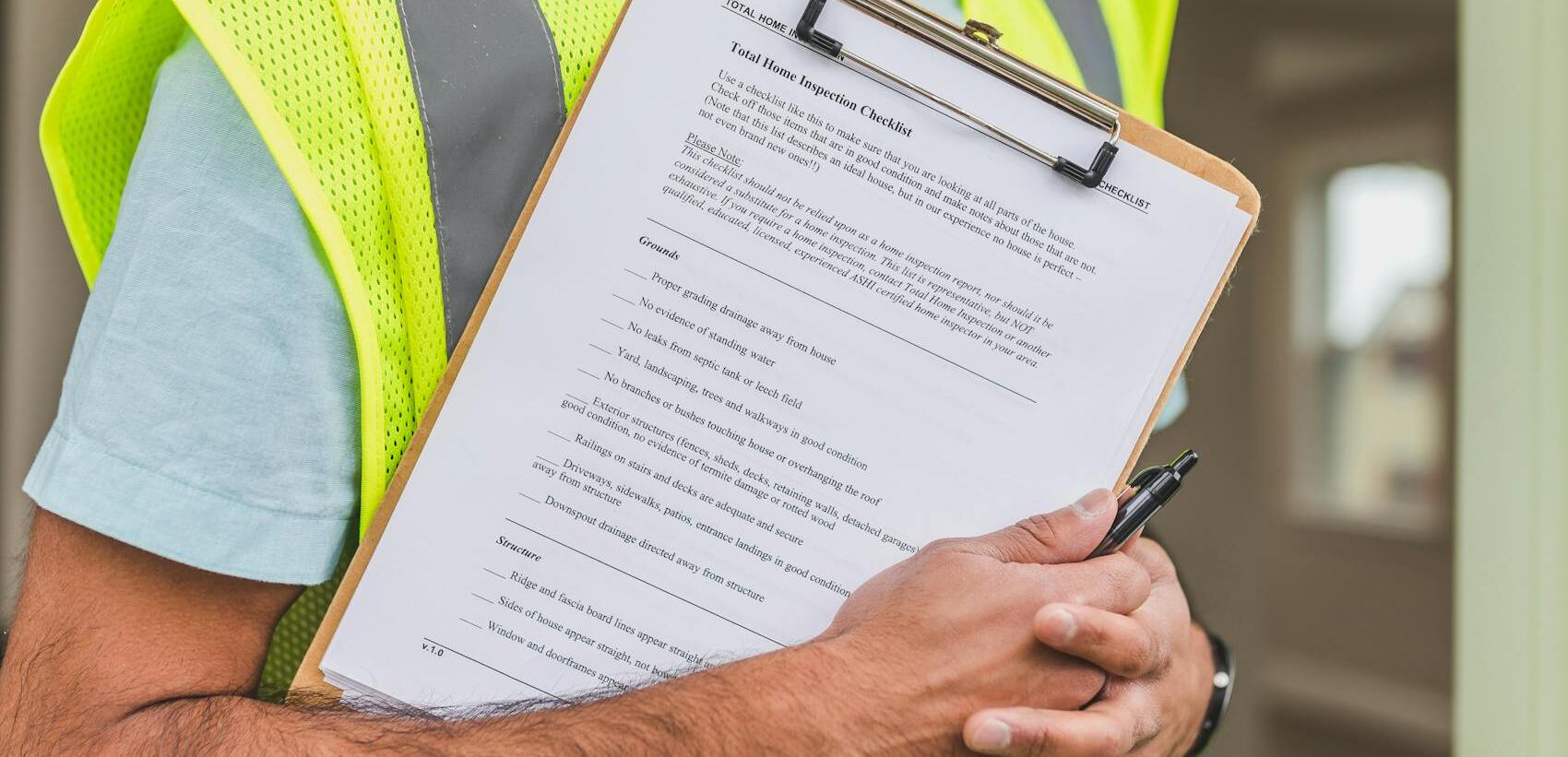What Steps Should I Take If There’s a Title Problem During a Home Purchase?

Purchasing a home is often the largest financial investment many people make in their lifetime. It’s an exciting process, but it can quickly become stressful if you encounter title problems. Here’s what you need to know if a title issue arises during your home purchase.
What Are Real Estate Title Problems?
A title problem, also known as a “cloud on the title,” is any issue that may affect the ownership rights to a property. These problems can range from simple clerical errors to more complex issues like undisclosed heirs or fraudulent claims.
Common Title Problems
Some common title problems include:
- Liens or judgments against the property
- Errors in public records
- Unknown easements
- Boundary disputes
- Undisclosed heirs
- Forged documents
Now, let’s explore the steps you should take if you encounter a title problem during your home purchase.
Step 1: Don’t Panic, But Act Quickly
If you discover a title problem, it’s important not to panic. Many title issues can be resolved with proper legal guidance. However, you should act quickly to address the problem. Time is often of the essence in real estate transactions, and delays could potentially jeopardize your purchase.
Step 2: Review Your Purchase Agreement
Carefully review your purchase agreement. Most standard agreements include provisions about title issues and may outline specific procedures or timelines for resolving them. Understanding your rights and obligations under the contract is crucial.
Step 3: Notify All Relevant Parties
Inform all parties involved in the transaction about the title issue. This typically includes:
- Your real estate agent
- The seller and their agent
- Your lender
- The title company
Clear communication can help facilitate a quicker resolution and keep your purchase on track.
Step 4: Request a Copy of the Title Report
If you haven’t already received one, request a copy of the title report from your title company. This report details the property’s ownership history and any existing liens or encumbrances. Reviewing this document can help you understand the nature and extent of the title problem.
Step 5: Consult with a Real Estate Attorney
This is perhaps the most crucial step. Consulting with an experienced real estate attorney, like those at Cavell Law, can provide you with guidance on how to proceed. An attorney can:
- Review the title report and purchase agreement
- Explain the implications of the title issue
- Advise you on your legal rights and options
- Communicate with other parties on your behalf
- Assist in negotiating a resolution
Remember, while title companies play an important role, they do not represent your legal interests. An attorney working directly for you can ensure your rights are protected throughout the process.
Step 6: Consider Title Insurance
If you haven’t already secured title insurance, now is the time to seriously consider it. Title insurance can protect you from financial loss due to title defects that may not be discovered until after your purchase. There are two types:
- Owner’s title insurance: Protects you, the buyer
- Lender’s title insurance: Protects your mortgage lender
While lender’s insurance is typically required, owner’s insurance is optional but highly recommended.
Step 7: Negotiate with the Seller
Depending on the nature of the title problem, you may need to negotiate with the seller. Options might include:
- Requesting the seller resolve the issue before closing
- Adjusting the purchase price to account for the cost of resolving the issue
- Extending the closing date to allow time for resolution
Your attorney can help you navigate these negotiations to protect your interests.
Step 8: Consider Alternative Dispute Resolution
If negotiations with the seller reach an impasse, consider alternative dispute resolution methods like mediation or arbitration. These can often be faster and less expensive than litigation.
Step 9: Be Prepared to Walk Away
While it’s not ideal, sometimes walking away from the purchase may be the best option if a title issue cannot be resolved satisfactorily. Your purchase agreement likely includes contingencies that allow you to exit the deal if certain conditions aren’t met, including a clear title.
Step 10: Learn from the Experience
If you successfully resolve the title issue and complete your purchase, take time to reflect on the experience. Consider what you’ve learned and how you might approach future real estate transactions differently.
How Cavell Law Can Help
At Cavell Law, we practice real estate litigation and have extensive experience helping clients navigate title problems during home purchases. Our team can:
- Conduct a thorough review of your title documents
- Explain your legal options in clear, understandable terms
- Negotiate with sellers, title companies, and other parties on your behalf
- Represent you in court if litigation becomes necessary
- Guide you through alternative dispute resolution processes
We understand that encountering a title problem can be stressful and confusing. Our goal is to provide you with the legal support and guidance you need to resolve the issue efficiently and effectively, protecting your interests throughout the process.
Remember, while title problems can be challenging, they don’t have to derail your home purchase. With the right legal guidance and a proactive approach, many title issues can be successfully resolved. If you’re facing a title problem during your home purchase in Ohio, don’t hesitate to reach out to Cavell Law. We’re here to help you navigate these complex issues and work towards a successful resolution.
Disclaimer: This blog post is for informational purposes only and does not constitute legal advice. Every situation is unique, and you should consult with a qualified attorney for advice specific to your circumstances.









